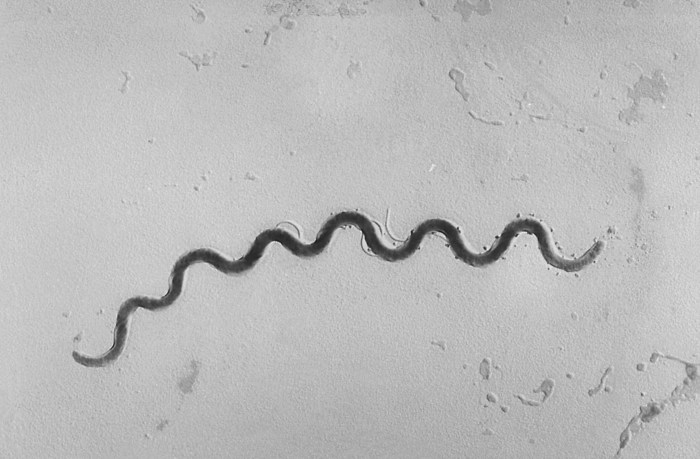Intra-uterine devices — more commonly known as IUDs — do a pretty amazing job at preventing unwanted pregnancies, but a new study shows they have another power as well.
Researchers at the Keck School of Medicine of the University of Southern California examined data from 16 different clinical trials of more than 12,000 women around the globe and found that using an IUD could decrease the chances of cervical cancer diagnosis by 33 percent.
IUDs: The answer to a global women’s health crisis?
There were 528,000 cases of cervical cancer diagnosed worldwide in 2012, according to the World Health Organization, with over half dying from the disease. Even worse: The WHO also predicts that the disease will skyrocket over the next two decades with over 756,000 cases — and 416,000 deaths — by 2035, many of these in developing countries without adequate access to treatment and the human papilloma virus (HPV) vaccine.
“A staggering number of women in the developing world are on the verge of entering the age range where the risk for cervical cancer is the highest — the 30s to the 60s,” said lead study author Victoria Cortessis, PhD. “Even if the rate of cervical cancer remains steady, the actual number of women with cervical cancer is poised to explode.”
“IUDs could be a tool to combat this impending epidemic.”
The possible link between cervical cancer and IUDs
Study researchers believe that just having the IUD in the uterus helps decrease risk of cervical cancer.
There are five different types of IUDs now available in the United States, some made of plastic that time-release hormones to prevent pregnancy, and another made with copper and no hormones. The T-shaped device is inserted into the uterus and creates an inflammatory reaction, preventing sperm from attaching to an egg.
This inflammatory response possibly has another benefit, according to the USC team. They believe that because the body boosts the immune system to fight off the IUD and, possibly, infections like HPV.
Research into the connection is still in the beginning stages, but the study authors are hopeful this discovery could eventually decrease the number of cervical cancer deaths around the world.
“If we can demonstrate that the body mounts an immune response to having an IUD placed, for example, then we could begin investigating whether an IUD can clear a persistent HPV infection in a clinical trial,” said gynecologic oncologist and study coauthor Laila Muderspach, MD. “The results of our study are very exciting. There is tremendous potential.”


















